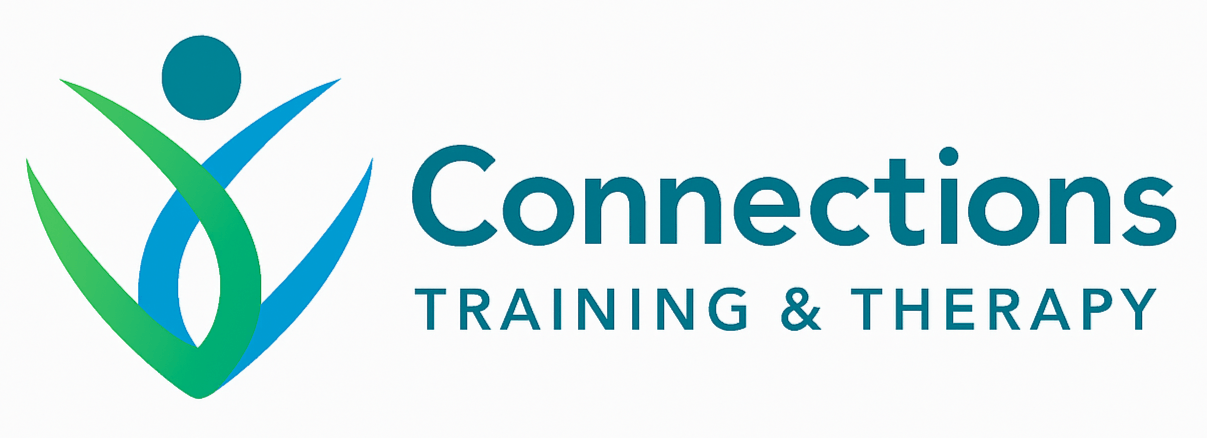The Endless Scroll: Social Status, Clicks, and Our Mental Wellbeing in the Digital Age
From the leafy streets of the countryside, to the bustling cities across the globe, we're all connected, often in ways our ancestors could never have imagined. Our phones have become extensions of ourselves, portals to a world of endless information, entertainment, and, yes, a relentless pursuit of social status. It's time to talk about the powerful, often subtle, ways that social media, clicks, and our innate human need to belong are impacting our mental health.
The Ancestral Echo: Our Need for Belonging
To understand why social media hits us so hard, we need to take a step back – way back. As humans, we are fundamentally social creatures. For millennia, our survival depended on our place within a tribe or community. Being accepted meant protection, resources, and companionship. Being ostracized could mean death. This deep, evolutionary wiring for group belonging and social status is hardwired into our brains.
Fast forward to today, and our "tribes" have expanded exponentially. Social media platforms like Instagram, TikTok, and Facebook have created a global village, but they've also weaponised our ancient instincts. Instead of sharing stories around a campfire, we're sharing curated versions of our lives, constantly seeking validation in the form of likes, comments, and followers. Each "like" is a tiny hit of dopamine, a digital pat on the back that whispers, "You belong. You are accepted."



The Click Trap: How Our Minds Are Manipulated
The problem, however, is that this digital belonging is often a distorted reflection of reality. Social media algorithms are designed to keep us scrolling, to keep us engaged, and to keep us seeking that next hit of validation. They learn what we react to and feed us more of it, creating echo chambers and often amplifying unrealistic ideals of life, beauty, and success.
The Comparison Game: We see carefully curated highlight reels of others' lives – perfect holidays, flawless skin, successful careers – and unconsciously compare them to our own messy realities. This constant comparison is a breeding ground for feelings of inadequacy, jealousy, and anxiety.
The Illusion of Connection: We might have hundreds, even thousands, of "friends" or "followers," but how many of those connections are truly meaningful? The sheer volume can trick our brains into thinking we're deeply connected, yet many feel more isolated than ever, despite being constantly online.
Fear of Missing Out (FOMO): The endless stream of events, gatherings, and experiences shared by others can trigger a deep-seated fear that we're missing out on life's richness, leading to restlessness and dissatisfaction.
The Performance Pressure: There's an unspoken pressure to constantly "perform" online, to maintain a certain image, to be witty, attractive, or interesting. This can be exhausting and lead to anxiety about authenticity.
The Mental Health Toll
Here in the UK, just like anywhere else, people are feeling the weight of this digital pressure. The constant pursuit of external validation can erode self-esteem, fuel anxiety and depression, and make us feel less present in our actual, physical lives. Our focus shifts from experiencing life to documenting it for an audience, often losing the joy in the moment.
Taking Back Control: Strategies for a Healthier Digital Life
It's not about abandoning social media entirely – for many, it's an important tool for connection and information. It's about being mindful and intentional. Here are some strategies to manage its impact:
STRATEGIES:
Audit Your Feed (and Your Feelings): Pay attention to how certain accounts or types of content make you feel. If scrolling leaves you feeling inadequate, anxious, or angry, unfollow or mute. Curate your feed to be inspiring and uplifting, not draining.
Set Clear Boundaries: Designate "no-phone" times – during meals, before bed, or for the first hour of your day. Use app limits to reduce your screen time.
Prioritise Real-Life Connections: Make an effort to connect with friends and family in person. Join a local club, volunteer, or simply go for a walk in the park with a friend or pet. These genuine interactions are far more nourishing for our ancient social brains.
Practice Mindful Scrolling: Instead of mindlessly consuming, be intentional. Ask yourself: "Why am I opening this app? What do I hope to gain?" Once you've achieved your goal (e.g., checking a friend's update), close the app.
Cultivate Self-Compassion: Remind yourself that everyone's online persona is a curated version of reality. Don't compare your behind-the-scenes to someone else's highlight reel. Be kind to yourself, acknowledge your unique journey.
Find Your "Offline" Dopamine: What activities genuinely make you feel good and connected to yourself? It could be gardening, reading, hiking, painting, or spending time with pets. Invest in these activities that bring intrinsic joy, not just external validation.
Social media is a powerful tool, but like any tool, it needs to be used wisely. By understanding our innate human need for belonging and the clever ways algorithms tap into it, we can reclaim our mental space. Let's strive for genuine connection and self-acceptance, rather than chasing fleeting likes. Our mental wellbeing depends on it.

Let us know what you think in the comments!
YOU MIGHT ALSO LIKE

V.G.
About Verity Green
Based in Catterick Garrison, Richmond, Bedale, North Yorkshire and Online. Therapy and training with trauma, long term conditions and disability, adoption, care leavers, managing high conflict environments in the home, recovering from high control, and managing change from intense environments (such as sport, Armed Forces Community).
Updates in your Inbox!

Free Signup
You can Unsubscribe
Information is NOT sold
Approximately once a month
© 2025. All Rights Reserved




